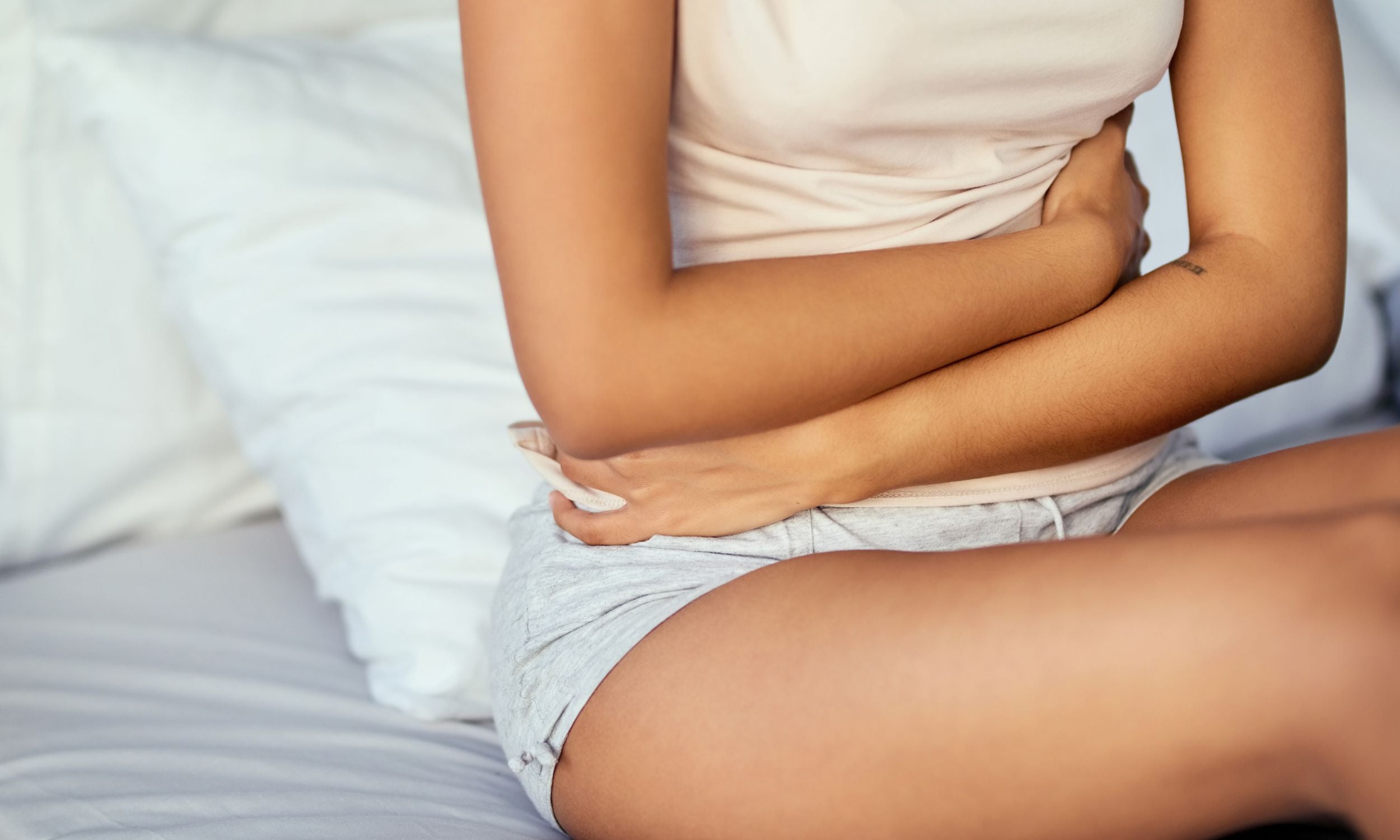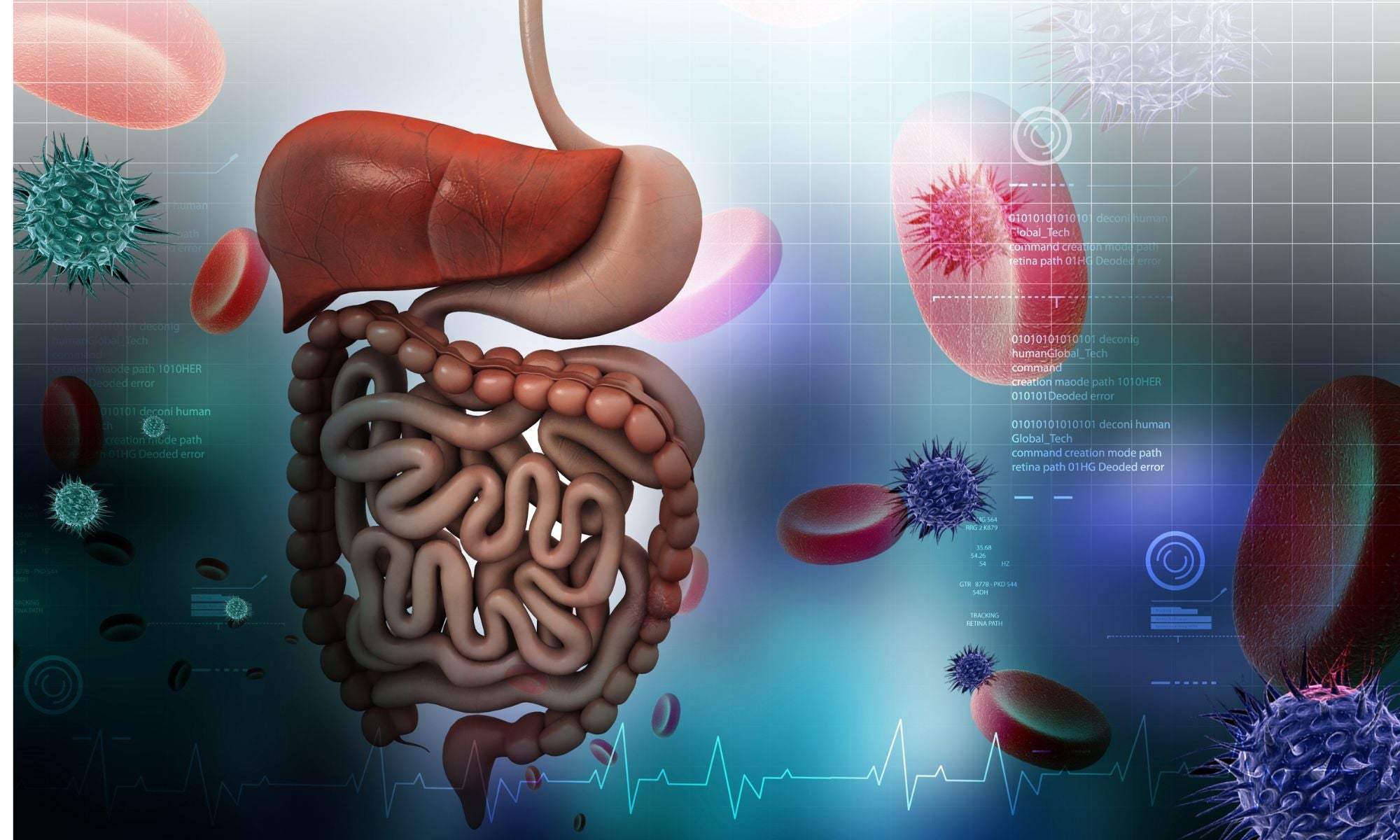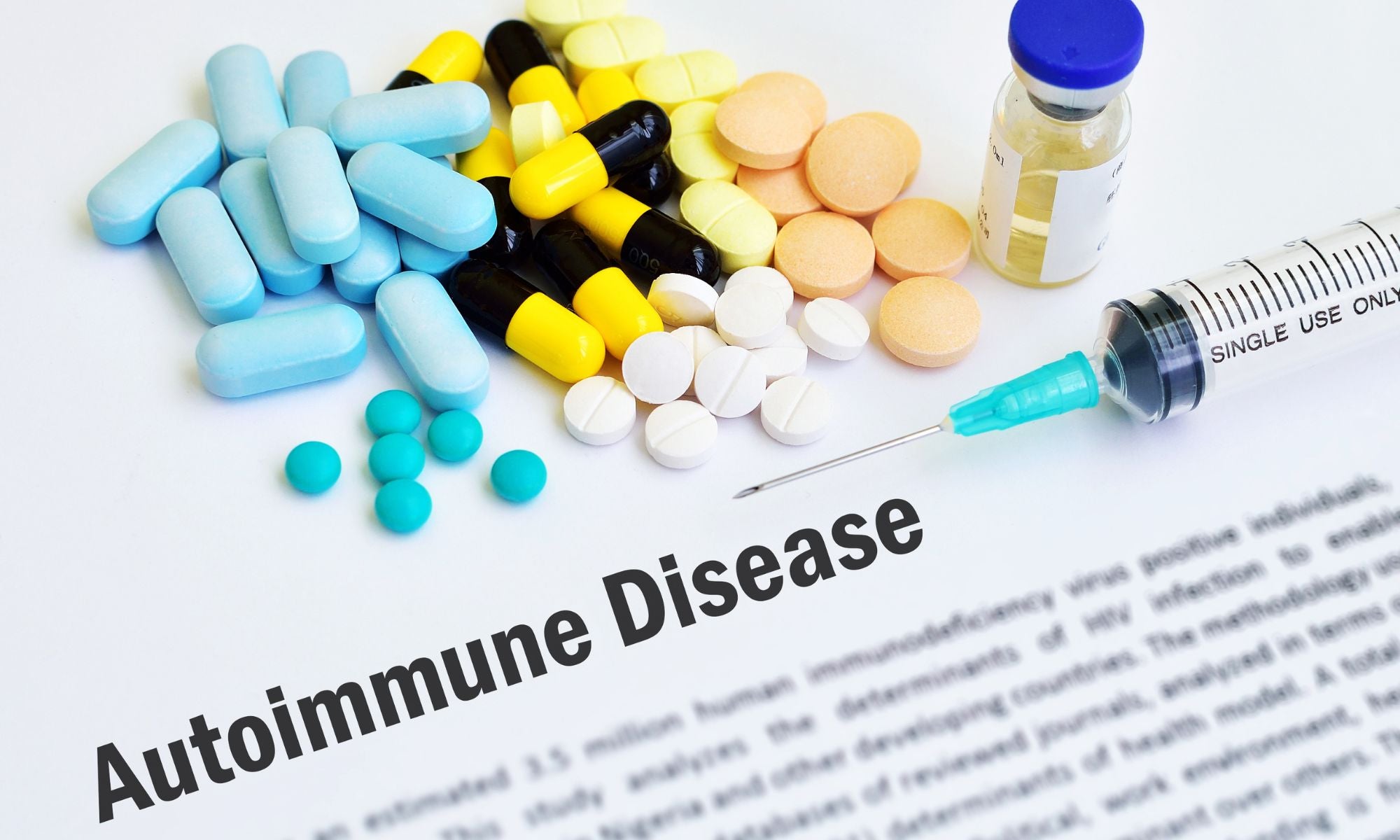
8 TIPS TO BENEFIT FROM A FIBER-RICH DIET
Struggling with constipation? Wanting to eat and live healthier? Say hello to fiber.
There are two different types of fiber—soluble and insoluble. Each type boasts its own benefits, but both of them are essential. If you want to care for your gut and benefit from a fiber-rich diet, here are 8 tips that will absolutely help:
Tip #1: Get serious about consuming fruits and veggies

Fruits and veggies naturally hold fiber. If you are serious about getting enough fiber in your diet, you also have to get serious about eating fruits and vegetables. As a matter of fact, one study shows how eating an apple regularly right before meals produce health benefits.
Tip #2: Say NO to processed foods.
Processed foods contain little to no fiber at all. Foods that do not possess whole wheat or grains, such as white bread, also contain low amounts of fiber.
In addition, did you know that juicing is also considered as a way of making a food processed? Doing so takes away the soluble fiber from the food.
Tip #3: Choose what you eat wisely.

Do you love to eat out? Do you love fast food? Most of the time, eating out doesn’t give you a lot of healthy options. If you look at any menu, see to it that you choose a meal filled with vegetables and fruits. Doing so will ensure that you are provided with enough fiber for the day.
Tip #4: Mix in a fiber-rich food in every meal
If you are having a slice of pizza, why not add on a small bowl of air-popped popcorn with it?
Also, consuming fiber-rich snacks right before mealtime will cause you to consume fewer calories since you will feel fuller. Some of the best high-fiber snacks include oats, almonds, and dark chocolate.
Tip #5: Start your day with fiber.

The traditional “white bread, bacon, and eggs” breakfast contains very low fiber content. The best thing to do is to incorporate a high-fiber meal in your diet first thing in the morning, such as oatmeal or whole-grain cereal. Adding in fruits and nuts would also be a great idea.
Tip #6: Do not forget whole grains.
Do not underestimate the power of whole grains. Whenever you shop in the grocery store, do not forget to add in some wheat berries or pearl barley in your cart. Go ahead and explore! Some other excellent sources of fiber are quinoa and whole-wheat couscous.
Tip #7: Track your fiber consumption

Anything in large amounts is bad for the health. For that reason, too much fiber must be avoided. Track your fiber consumption to help you evaluate whether you are consuming enough or too much. If it helps, make a list of the high-fiber foods you are including in your diet.
To start, you have to know first how much fiber you need. For men, the recommended daily fiber intake is 38 grams, while 25 grams is required for women.
Tip #8: Skip the fiber supplements
Some people vouch for fiber supplements. However, supplements only give a small boost of fiber, unlike food sources. Food sources are the best choice because their fiber content is much higher. In addition, consuming fiber supplements may cause people to avoid eating nutrient-dense foods, which is not a good thing.
In Summary

Fiber is truly an important part of a healthy diet. It benefits not just the body, but also the mind.
Today, there are enough scientific studies that strongly suggest how eating whole foods, rather than processed foods, are the healthier choice. Remarkably, the fiber that these type of foods hold is one of the main reasons. So go ahead and enjoy a high-fiber diet to keep your gut happy, and your whole body healthy!












